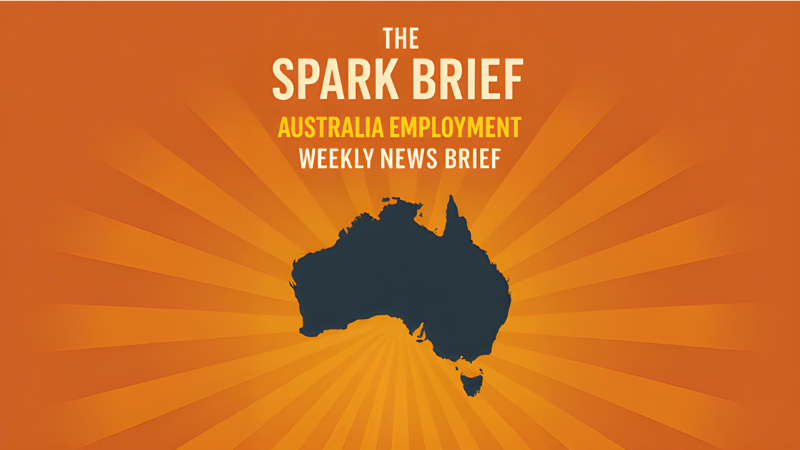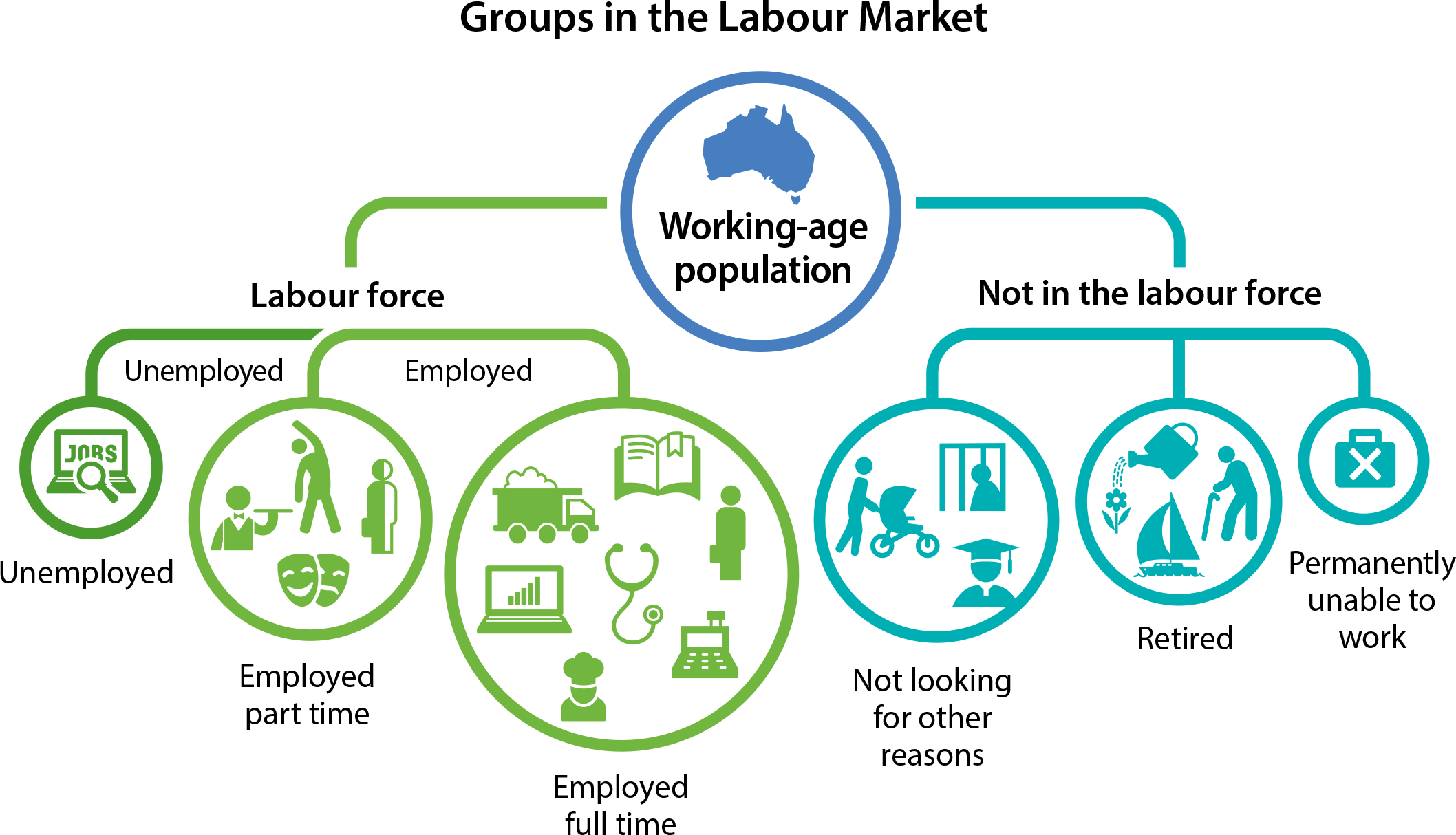Austarlia Employment Compliance Change 2025
The $7.8 Million Wake-Up Call: Why 2025 Could Make or Break Your Australian Business
Starting January 1, 2025, a simple payroll mistake could land you in prison for 10 years. That's not a typo, and it's not scare tactics – it's the new reality for Australian employers navigating the most significant workplace law changes in decades.
When "Just a Small Error" Becomes a Criminal Record
Meet Sarah, a café owner in Melbourne who thought she was doing the right thing. She employed casual workers, paid them what she believed was correct, and even gave them flexibility with their hours. Three months into 2025, Sarah received a visit from Fair Work inspectors following an employee complaint about weekend penalty rates.
What Sarah discovered wasn't just a civil matter requiring back-payment. Under Australia's new criminal wage theft laws, her systematic underpayment of weekend penalties – totaling $3,200 across four employees – could potentially result in criminal charges, a permanent record, and penalties reaching $1.56 million personally, plus up to 10 years imprisonment.
Sarah's story isn't unique. Across Australia, thousands of employers are discovering that 2025 has fundamentally changed the stakes of workplace compliance.
The Compliance Earthquake: What Changed on January 1, 2025
Criminal Wage Theft Laws Take Effect
The most seismic shift in Australian employment law took effect at midnight on New Year's Day. Intentional wage underpayments are now criminal offences, carrying penalties that would make white-collar criminals everywhere take notice:
For Individual Employers:
- Up to 10 years imprisonment
- Fines up to $1,565,000
- Permanent criminal record
For Companies:
- Fines up to $7.825 million
- Three times the underpayment amount (whichever is greater)
- Potential director liability
The Numbers Don't Lie
According to Fair Work Ombudsman data, wage theft affected over 250,000 Australian workers in 2024, with underpayments totaling more than $532 million. The hospitality, retail, and cleaning industries led the charge, but no sector remained untouched.
| Industry | Average Underpayment | Most Common Violation |
|---|---|---|
| Hospitality | $8,400 per worker | Weekend penalty rates |
| Retail | $5,200 per worker | Award interpretation |
| Cleaning | $12,100 per worker | Minimum wage breaches |
| Hair & Beauty | $6,800 per worker | Unpaid training/trials |
Beyond Wage Theft: The February 26 Tsunami
While employers were still adjusting to criminal wage theft laws, February 26, 2025 brought another wave of changes that are reshaping Australian workplaces:
The Casual Conversion Revolution
Under the new "employee choice pathway," casual workers can now demand permanent employment after just 6 months (12 months for small businesses). This isn't a request – it's a legal entitlement that employers must honor unless they can prove operational reasons prevent it.
What This Means for Your Business:
- Increased HR administrative burden
- Potential surge in permanent employee entitlements
- Need for sophisticated workforce planning
- Risk of discrimination claims if conversions are refused
Digital Platform Worker Protections
Uber drivers, delivery riders, and other gig economy workers now have protection from "unfair deactivation" – essentially wrongful dismissal rights without being employees. Platform businesses must follow proper processes before terminating worker relationships.
The Compliance Minefield: Where Employers Are Getting Caught
1. Award Interpretation Errors
Modern awards contain over 122 different provisions on average. Small errors in interpreting penalty rates, overtime calculations, or allowances can trigger the new criminal provisions.
2. Casual Employee Misclassification
With new casual definitions and conversion rights, many employers are discovering their "casual" workforce doesn't meet legal requirements, creating significant back-pay liabilities.
3. Digital Record-Keeping Failures
Employers must maintain detailed records for 7 years. In 2025, this includes tracking casual conversion eligibility, digital platform interactions, and enhanced pay slip requirements.
4. Small Business Compliance Gaps
Despite comprising 97% of Australian businesses, small employers receive only 23% of compliance education funding, creating dangerous knowledge gaps.
Your 2025 Compliance Action Plan
Immediate Actions (This Week)
1. Conduct a Wage Audit
- Review the last 12 months of payroll data
- Cross-reference against current awards and agreements
- Identify potential underpayments before they become criminal matters
2. Update Employment Contracts
- Ensure casual definitions meet new legal requirements
- Include conversion pathway processes
- Add wage theft prevention clauses
3. Implement Digital Record Systems
- Automate pay slip generation
- Create audit trails for all payments
- Establish casual conversion tracking
Strategic Compliance Framework
Risk Assessment Matrix:
| Risk Level | Indicators | Action Required |
|---|---|---|
| Critical | Systematic underpayments, no wage records | Immediate legal review + voluntary disclosure |
| High | Casual misclassification, award confusion | Professional audit within 30 days |
| Medium | Incomplete records, manual payroll | System upgrade + staff training |
| Low | Current compliance, good systems | Regular monitoring + updates |
Recommended Compliance Tools
Payroll Software Integration Modern payroll systems now include criminal wage theft alerts, automatic award updates, and compliance dashboards. Investment in proper systems typically pays for itself within 6-8 weeks through error prevention.
Legal Insurance Coverage Employment practices liability insurance has become essential. Policies covering wage theft investigations start from $2,400 annually but can save hundreds of thousands in legal costs.
The Data Visualization Challenge
[Suggested Infographic: "2025 Compliance Timeline"] Visual showing key dates, penalties, and affected businesses across a calendar year
Python Code for Compliance Risk Calculator:
1 | def calculate_wage_theft_penalty(underpayment_amount, is_intentional, business_size): |
Looking Ahead: What's Coming Next
March 26, 2025: Gender equality targets for businesses with 500+ employees August 26, 2025: Small business casual conversion requirements begin 2026: Predicted introduction of portable long service leave across industries
The Bottom Line: Compliance is Your Competitive Advantage
In 2025, workplace compliance isn't just about avoiding penalties – it's about sustainable business growth. Companies with strong compliance frameworks report:
- 34% lower employee turnover
- 28% higher productivity rates
- 45% fewer workplace disputes
- Better access to government contracts and funding
The businesses thriving in 2025 aren't those trying to cut corners on employee entitlements. They're the ones investing in proper systems, training, and professional support to navigate the new landscape confidently.
Take Action Today
The compliance landscape has fundamentally shifted, but you don't have to navigate it alone. Download our free 2025 Compliance Checklist to ensure your business stays on the right side of Australia's toughest workplace laws.
Ready for a comprehensive compliance review? Our employment law specialists are helping Australian businesses implement bulletproof compliance systems that protect against criminal wage theft while optimizing workforce efficiency.
[Get Your Free Compliance Audit →]
Don't let 2025 become the year your business faces criminal charges. Take control of your compliance today.
Disclaimer: This article provides general information only and should not be relied upon as legal advice. Employment law is complex and changes frequently. Always consult qualified legal professionals for specific guidance on your business circumstances.
Austarlia Employment Compliance Change 2025
https://www.ozsparkhub.com.au/6. Spark Biz Lab/Austarlia-Employment-Compliance-Change-2025/




